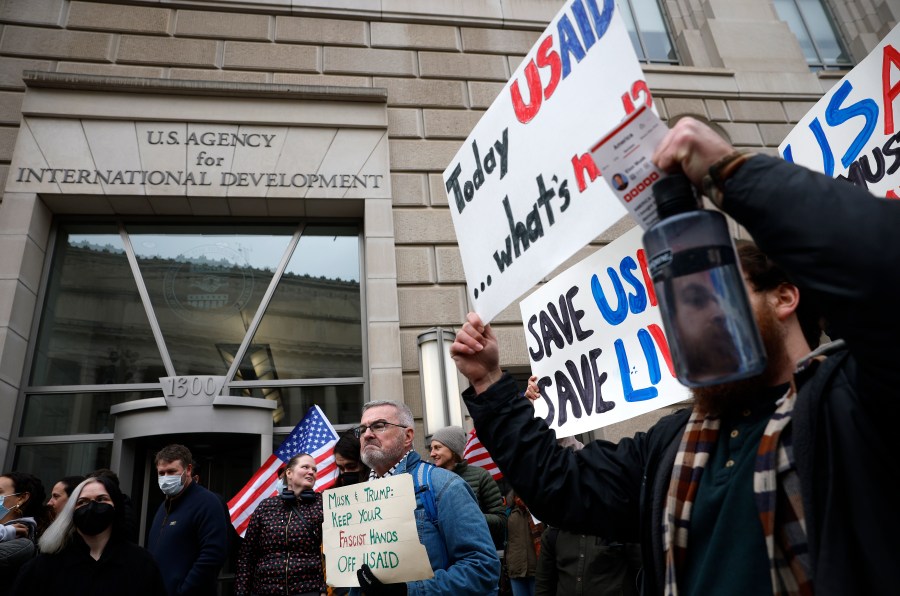(NewsNation) — A Catholic humanitarian organization said it was being forced to make drastic financial and staff cuts after the Trump administration froze funding for the U.S. Agency for International Development, which had provided billions in foreign assistance to the group.
Catholic Relief Services, which receives the highest amount of funds from USAID, said it will need to downsize by as much as 50% this year due to Trump’s targeting of the agency, according to the National Catholic Reporter.
“We anticipate that we will be a much smaller overall organization by the end of this fiscal year,” CRS President and CEO Sean Callahan wrote in an internal email reviewed by the National Catholic Reporter.
Callahan wrote that the group has started laying off staff and shutting down programs funded by USAID, which supplied about half of its $1.5 billion budget.
What is USAID, and why might the Trump administration shut it down?
The outlet reported that the group said cuts would be across the board, impacting all divisions and departments.
Catholic Relief Services was founded in 1943 by the Catholic Bishops of the United States to serve World War II survivors in Europe. It now operates in 100 countries and serves 200 million people, the group’s website states.
From the fiscal year 2013 to 2022, Catholic Relief Services received $4.6 billion in funding from USAID, primarily for disaster assistance, according to the National Catholic Reporter.
Church and faith-based organizations received less than 6% of USAID funding for nonprofit organizations, with more than half of those funds going to Catholic Relief Services, the outlet reported.
The Trump administration abruptly pulled almost all agency staffers off the job and out of the field after freezing funding this week.
Musk calls USAID a ‘criminal organization’ that should ‘die’
Trump’s new Department of Government Efficiency, run by tech billionaire Elon Musk, dismantled much of USAID, shutting down a six-decade mission intended to shore up U.S. security by educating children, fighting epidemics and advancing other development abroad.
“If you want to review a program, you don’t simply freeze it in place, especially when local people are relying on it for lifesaving and life-changing programs,” Stephen Colecchi, former director of the Office of International Justice and Peace for the U.S. Conference of Catholic Bishops, told the outlet.
“What you do is a systematic review for effectiveness and then you decide which programs are to continue and which programs are to sunset.”
The Associated Press contributed to this story.
